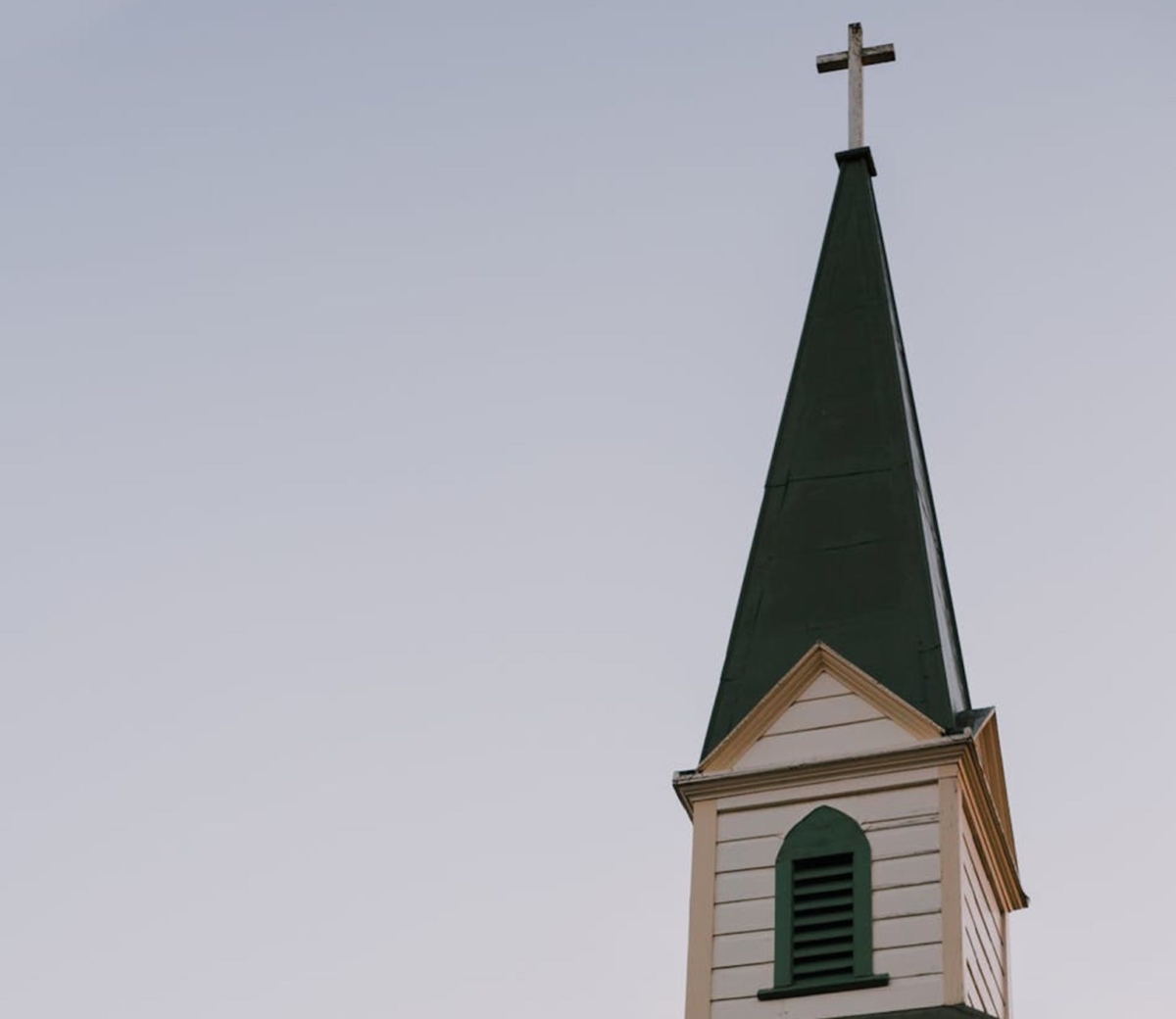News and Media

Forming Young People for the Future Church by Michael McVeigh
In an increasingly diverse society, Catholic educators must understand that young people will be drawn to God through many different pathways.
In 2017, Australia’s Catholic bishops conducted a survey of young people aged 16-30 across Australia. More than 15,000 young people completed the survey, 81% of them between the ages of 16 and 18.
The report from the Catholic bishops’ Pastoral Research Office found three experiences were particularly strong in helping young people aged 16-18 engage with God – youth groups, mission and outreach opportunities, and Mass and liturgical gatherings.
Youth groups were the most positive experience among young people, because it was a place where they could make new friends, discuss issues and explore their faith. Mission and outreach experiences provided an opportunity to serve others, and space for self-reflection and spiritual growth, while school Masses and liturgical activities were considered spiritually uplifting experiences. Digging underneath these broad trends, one could see a great diversity in the responses from young people.
Having their voices heard, and feeling part of the community, was understandably important. Many, particularly among those under 18, spoke about the need for the Church to engage young people in conversation about issues that affect them, especially issues such as mental health, study, body image, relationships, and sexuality.
Others, particularly older more engaged Catholic young people, spoke of feeling excluded in their parish, and desiring a richer liturgical experience than what was on offer. Traditional practices, like adoration or Latin Mass – which might turn off many older Catholics – proved popular among some young adult Catholics, while others were more drawn to social justice and outreach activities. In his comments on the survey, Fr Chris Ryan MGL said the diversity of responses indicated that the Church needs to recognise the different perspectives of young people – both those that go to Mass, and those who don’t.
‘Expressions of spirituality and faith today must speak personally to youth (and not only to youth) if they are to be deemed important in their lives. Faith practices cannot be imposed from without, but must be personally appropriated by the individuals themselves. Even those young people who value traditional expressions of Catholic faith and piety do so on this basis: that it speaks to them personally rather than primarily because the Church teaches that this or that practice is valuable.’
Jesuit theologian Karl Rahner once wrote that ‘the Christian of the 21st century will be a mystic, or they will not exist’. One might conclude from 4. this survey of young people that the must open up diverse opportunities for young people to encounter the mystery of God, or they will fail to engage young people entirely.
The full report can be found here: https://www.catholic.org.au/images/youthsurvey/300718/

Michael McVeigh has been the editor of Australian Catholics magazine since 2005, and is also the senior editor at Jesuit Communications Australia, overseeing Eureka Street and Madonna magazine. Provide copies of the magazine to parents or teachers in your school and help bring the faith to life in your community. Go to www. australiancatholics.com.au to find out how to subscribe.
One of the main focuses of the magazine in recent years has been to promote young writers. Through an internship program, students from Catholic high schools are given the opportunity to plan and edit one edition of Australian Catholics magazine each year. The magazine’s Young Journalist Award attracts more than 1000 entries from across the country annually, and the magazine’s young writers community offers ongoing opportunities and support for dozens of young people aged 15 to 25.
Outside of his work for Jesuit Communications, Michael has held positions on the Australian Catholic Media Council and the executive of the Australasian Catholic Press Association, as well as the Jesuits’ Asia Pacific communications group.

